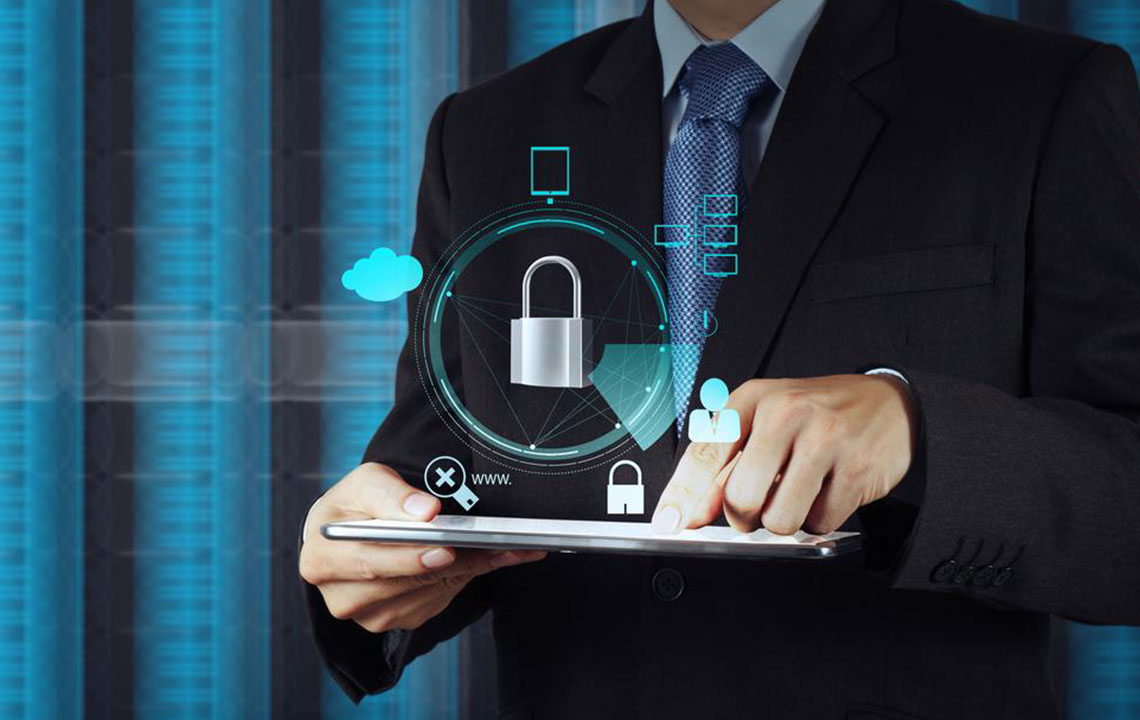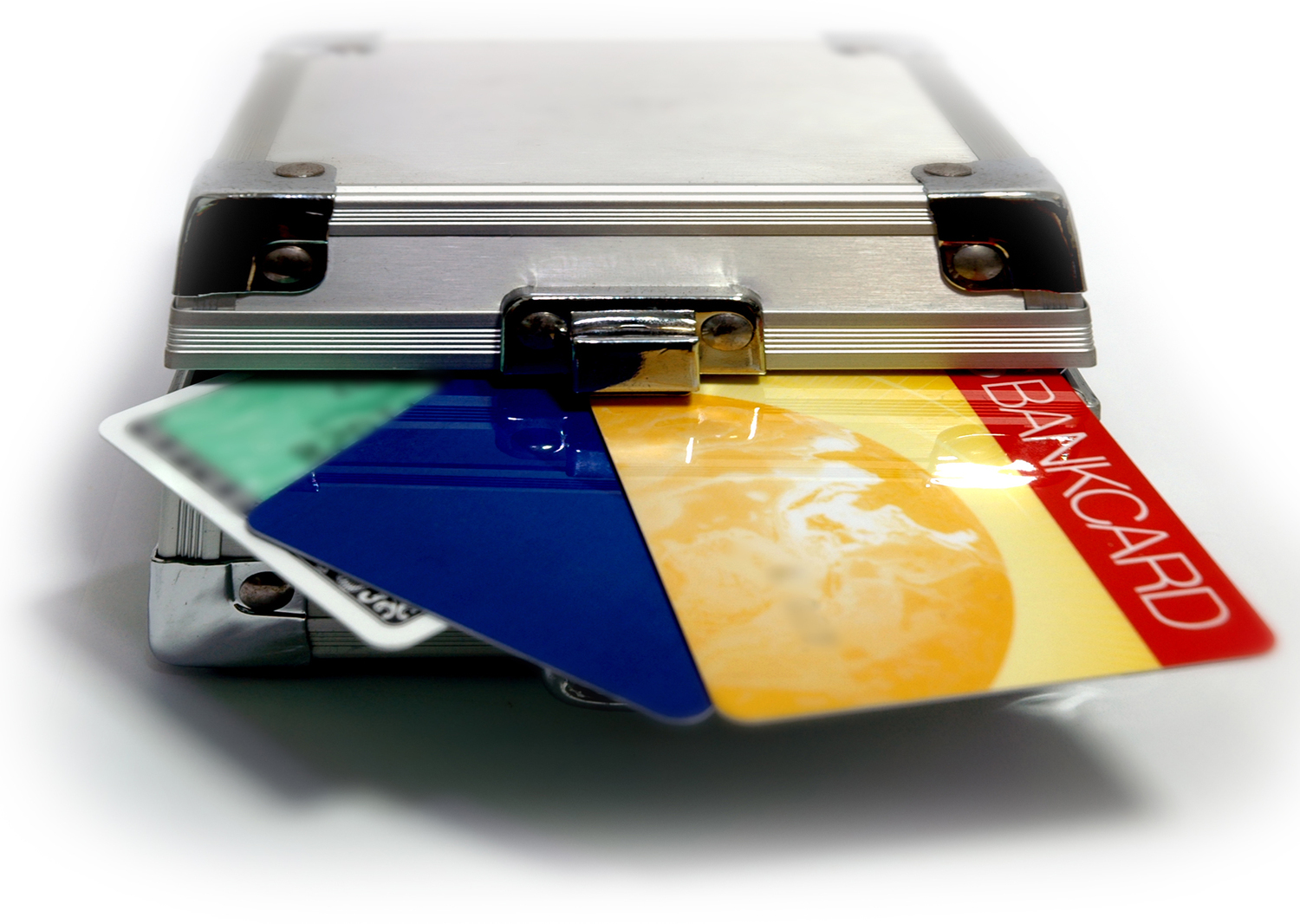Protecting Your Retirement Savings from Cyber Threats: 8 Essential Tips
Safeguard your retirement funds with essential cybersecurity tips. Regular monitoring, strong passwords, updated software, and cautious online habits are key to preventing cyber theft. Stay informed and proactive to ensure your retirement savings remain secure from hacking threats and fraud attempts. These practical steps help protect your financial future and provide peace of mind in an increasingly digital world.
Sponsored

Retirement funds accumulated over years of saving are valuable assets that require protection from cybercriminals. While the FDIC insures bank deposits up to $250,000, safeguarding your investment accounts from unauthorized access is your responsibility. Many brokerage firms offer customer security guarantees, but it is crucial to monitor your account activity regularly and report suspicious activity immediately. You must be vigilant and proactive to prevent theft and ensure your retirement savings remain secure.
Sometimes, clients face challenges in claiming compensation from brokerages after a breach. Therefore, adopting protective measures is essential. Here are effective strategies to defend your retirement accounts from cyber threats.
Related Article: How to Minimize Unnecessary Banking Charges
Stay Informed
Understanding online scams and cybersecurity policies is vital. Keep yourself updated with the latest fraud prevention tips and follow your financial institution's security guidelines. If you notice any unusual activity or discrepancies, contact your bank immediately for assistance.
Frequent Monitoring
Checking your account regularly (weekly or bi-weekly) helps detect unauthorized transactions early. Prompt detection increases chances of reversing fraudulent transfers. Do not wait for quarterly statements; proactive monitoring is key.
Create Strong Passwords
Avoid simple passwords like 'password'. Use complex combinations of uppercase, lowercase, numbers, and symbols. Change your passwords periodically, ideally every six months, and never reuse passwords across multiple sites.
Update Security Software
Keep your antivirus, anti-malware, and firewall software current to defend against viruses and hacking attempts.
Avoid Public Wi-Fi
Refrain from accessing your retirement accounts using public Wi-Fi or shared computers to prevent data interception by cybercriminals.
Keep Credentials Confidential
Do not share your account details with anyone, including family members or financial advisors. Protect your login information diligently.
Be Wary of Phishing Scams
Never disclose personal details, such as your SSN or account number, in response to unsolicited emails. Avoid clicking on suspicious links or offers that seem too good to be true.
Always Log Out
After completing your online transactions, ensure you log out of your accounts to prevent unauthorized access.
Applying these straightforward security practices can significantly protect your retirement savings from cyber threats. Staying vigilant and proactive ensures your financial future remains secure and gives you peace of mind.
Stay updated on banking and investment news. Follow us on Facebook and Twitter for the latest insights and tips.





